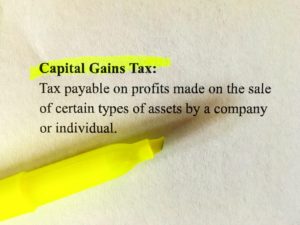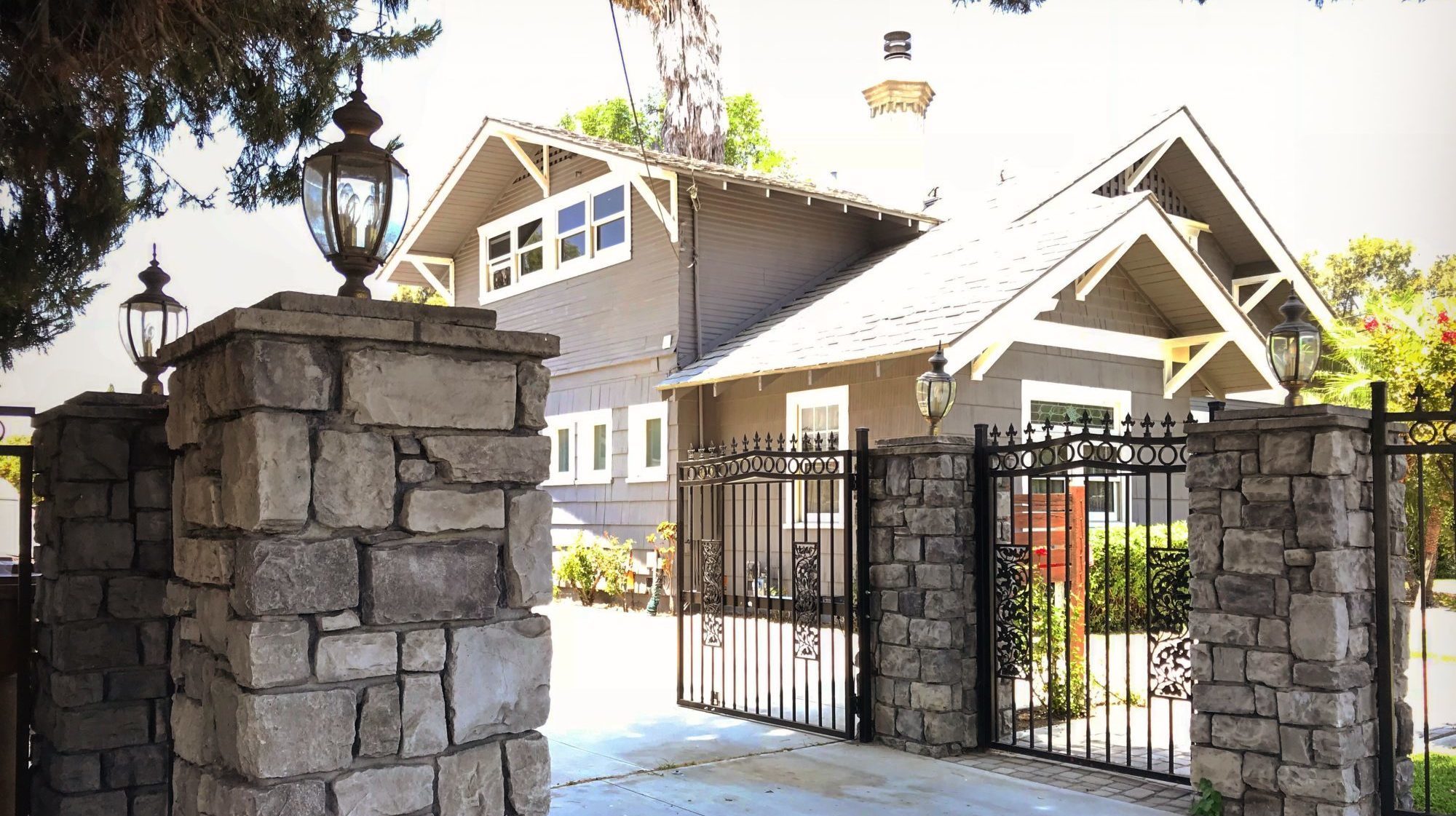A client recently asked when he and his wife should use his one time $125,000 over age 55 capital gains tax protection; they were approaching their mid 50s. To his surprise, I told him since 1996, you can keep the first $500,000 in real property “lottery winnings” when you sell your home, and do this every two years. I googled and found that you can get 1990 (older) articles still talking about this outdated information on capital gains!

We talk about the laws, but what exactly are capital gains…? It’s about gaining capital, right? Not exactly… Simply put, “capital gain” refers to the profit you gained after selling your property (or investments, stocks, etc.). There are varying tax brackets depending on income level and whether it was short-term or long-term, and in the case of selling your personal residence that little percentage change can make quite a difference (this is also why knowing your tax basis on your home is important when you are trying to sell!).
Regarding your home:
That “one time” rule of capital gains is long gone, yet often people hear it from a friend of their neighbor’s third sister, who’s married and read some where…. you get the drift. Ask a professional, or call with questions! Buying and selling real estate are epic, life changing events and should be done with ALL the pertinent information. Acting now or doing absolutely nothing both could be the right answer at this time in your life, but how do you know which it is?
The “new” tax law can be found here on the IRS website, but simply put:
“If you meet certain conditions, you may exclude the first $250,000 of gain from the sale of your home from your income and avoid paying taxes on it. The exclusion is increased to $500,000 for a married couple filing jointly.” ~Publication 523 Cat. No. 15044W of the Internal Revenue Service (IRS)
Here’s an example:
The Smiths bought 123 4th street for $300,000 in 2011; today it is worth $700,000. That equals $400,000 in capital gains. Married, they get to exclude up to $500K (of the $400K), meaning they had no capital gain tax! Single, Mr. Smith would exclude the first $250K, meaning he had $150K left waiting to be taxed.
However, you can also factor in selling costs, buying costs, and improvements to cut the capital gains taxes. Your tax basis or basis to compute the tax goes up (a positive thing!) with improvements like a home addition, pool, etc; basic maintenance isn’t necessarily usable. The costs of selling, like title, broker fees, and escrow, reduces the sales price. Together you get a number that you must report the next tax year. If the “gain” is less than 250/500K, dependent on single or married, you pay ZERO cap gains tax on the sale.
Of the eligibility rules, there is an “ownership requirement” that states that the home being sold had to be your primary residence for two of the last 5 years. And it need not be continuous, but cumulative. Eligibility rules can be found in more detail starting on page three of the IRS document mentioned above.
Why should you care? If the Smiths hadn’t had a capital gains exemption, they could have been paying tens to hundreds of thousands of dollars on the federal and/or state level (depends on your income tax bracket). Buying and selling a home is best done with a level head and all the facts. We topped out in values in 2007-8; then the so-called mortgage meltdown. Short sales, losing homes, misery AND opportunity. Come 2011 or so, we hit home values bottom here in Southern California. Since then, the last 7 years has seen the rebound in values. Many homes purchased since 2005 are worth more, from $1 to hundreds of thousands. Doing nothing IS a decision… so is planning ahead.
Is it time to sell? If it is, note that a dollar in a bank called “bank” or a bank called “home equity” have equal paper value until you do something; of course, the bank dollar is more liquid but inflation is eating away at it.
The bank dollar gathers a couple per cent interest (rates are rising, but savings rates do go up like mortgage rates), a good thing and savings for another day; the equity dollar, in fact up to $500,000 (adjusted up and down by improvements and costs of sale & purchase) of them, can be converted to gold, silver or ?? upon sale with NO tax exposure. And it may be time to sell; demand has softened, but values are still up.
I am not a real estate attorney or CPA, so I do recommend your tax guy gets your call for details. He or she knows your particulars, but this factor can mean turning your equity gold into a new home, trade up or go smaller, keeping or using some equity free of taxes for other purposes, increasing or changing your asset picture, etc.
I STILL make house calls.
Broker/Owner of M3RealEstate
LOOK FOR OUR NEXT POSTING: HOW CAPITAL GAINS AND 1031 WORKS FOR YOU ON RENTAL/INVESTMENT PROPERTY
